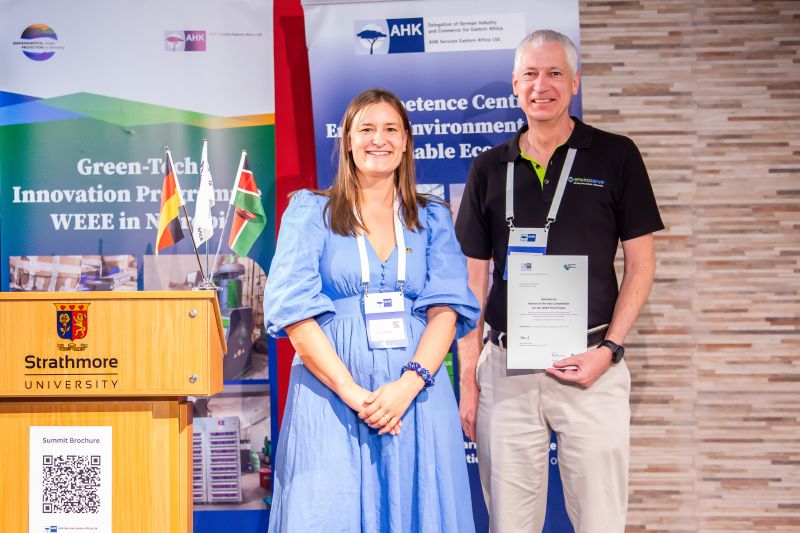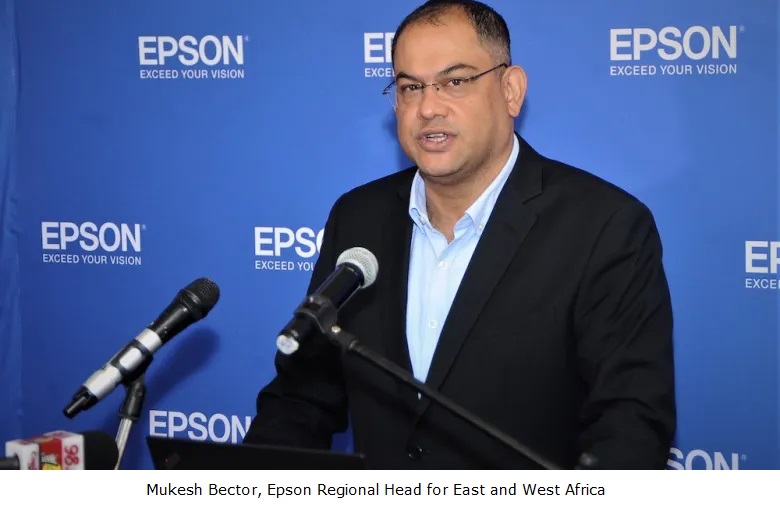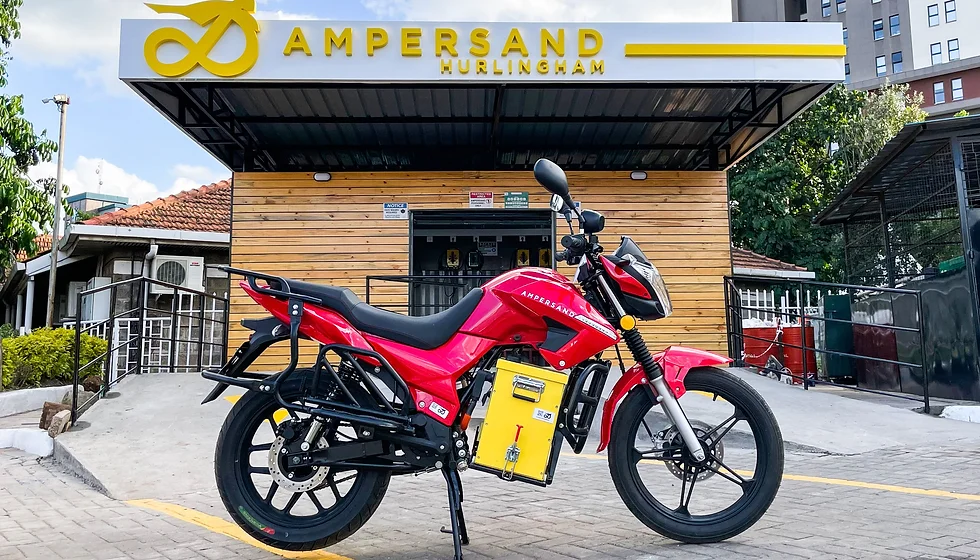Just days after being named as one of the TIME 100 Most Influential Persons in the World 2023, Wanjira Mathai and the organisation she leads as Managing Director has won $100 million from TED.
The World Resources Institute (WRI) with its headquarters in Nairobi will get the money (equivalent of KES 13.5 billion at current rates) over the course of four years.
TED made the announcement in Vancouver during TED2023.
“I am honoured that Restore Local has been selected for catalytic funding through The Audacious Project, which is a clear signal of confidence in locally-led action,” Wanjira Maathai.
TED launched the Audacious Project in 2018 “to create a future worth pursuing for all”.
The WRI’s Restore Local project is a locally-led land restoration in three African landscapes: Lake Kivu and Rusizi River Basin, Ghana’s Cocoa Belt and Kenya’s Greater Rift Valley.
WRI aims to accelerate the AFR100 movement, an initiative to restore 100 million hectares of degraded land in Africa by 2030.
Ms Mathai stressed that creating a continental restoration movement requires capacity building, more funding, supportive policies and monitoring progress. “The millions of smallholder farmers who will drive this movement need the support of governments, development banks, investors, NGOs and others to fully engage in restoration and reap its benefits.”
She said restoration is one of the most powerful investments to make on the planet, “because restoring degraded land can simultaneously mitigate climate change and protect communities from its worst impacts. It can also restore land productivity, create jobs and improve family incomes.”
Protecting communities –100 million hectares of degraded land
According to Ms Maathai, WRI aims to change this by accelerating the AFR100 movement, an initiative to restore 100 million hectares of degraded land in Africa by 2030.
“But the millions of smallholder farmers who will drive this movement need the support of governments, development banks, investors, NGOs and others to fully engage in restoration and reap its benefits,” Ms Maathai stressed, recalling that creating a continental restoration movement requires capacity building, more funding, supportive policies and monitoring progress.
Ms Maathai’s mother, Prof Wangari Maathai, was the founder of the Green Belt Movement, which encouraged the planting of trees in local environments. It was responsible for more than 30 million trees being planted in Africa.
She won the Nobel Peace Prize in 2004 for her contribution to sustainable development, democracy and peace.




